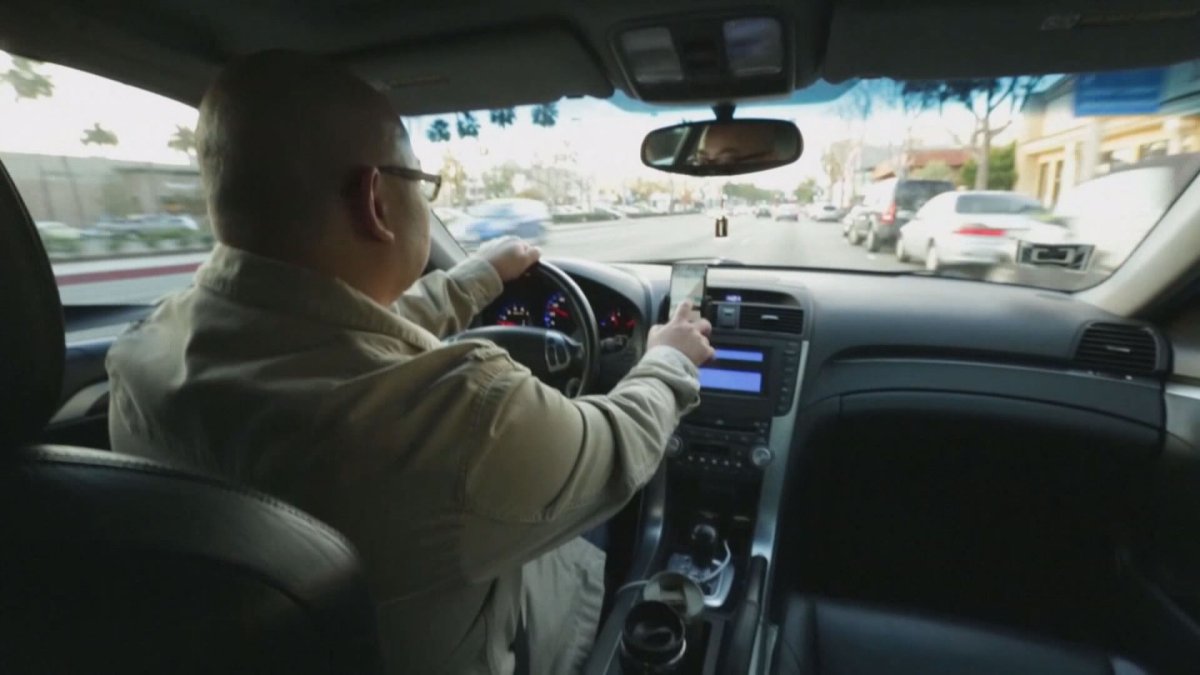Women and African Americans are more likely to experience discrimination when using ride sharing apps like Uber or Lyft, according to a study from the U.S. National Bureau of Economic Research.

The two-year study, conducted on controlled routes in Seattle and Boston, found that drivers took female passengers on trips that were five per cent longer than those of their male counterparts, resulting in more expensive rides for women.
“The additional travel that female riders are exposed to appears to be a combination of profiteering and flirting to a captive audience,” researchers at Stanford, MIT, and the University of Washington wrote in the study.
READ MORE: Airbnb’s alleged racism problem continues as North Carolina host removed following racist rant
The study, which compiled data from 1,500 rides on Uber, Lyft and U.S.-based Flywheel ride-sharing platforms, also found that African American passengers faced discrimination. According to the study, it took 16 to 28 per cent longer for UberX and Lyft drivers to accept requests from black riders in Seattle.
Researchers working in Boston went as far as to set up two identical accounts for riders, one with a “white sounding” name and the other with an “African American sounding” name. The report showed that the account using the black sounding name had double the cancellation rate of the one with the white sounding name.
Uber drivers cannot see the name, photo, or final destination of their passenger until they accept the ride. However, on Lyft, drivers can see the names of passengers before the accept the fare.
While Lyft and Flywheel are not available in Canadian cities, Uber operates in 40 Canadian municipalities, including Toronto, Edmonton, Montreal, and Halifax.
In a statement to Global News, Rachel Holt, head of North American operations at Uber, reiterated the company’s community guidelines regarding discrimination, stating that Uber aims to offer transportation to everyone.
WATCH: Uber driver charged with assault after fight with passengers

“Ride-sharing apps are changing a transportation status quo that has been unequal for generations, making it easier and more affordable for people to get around — no matter who they are or where they live. Discrimination has no place in society, and no place on Uber,” said Holt.
“We believe Uber is helping reduce transportation inequities across the board, but studies like this one are helpful in thinking about how we can do even more.”
Uber’s community guidelines confirm the company has a “zero-tolerance” policy regarding all forms of discrimination and harassment.
“It is unacceptable to refuse to provide or accept services based on a person’s race, religion, national origin, disability, sexual orientation, sex, marital status, gender identity, age or any other characteristic protected under applicable federal or state law,” the guidelines read. “This type of behavior can result in permanent loss of access to the Uber platform.”
Regular taxis have also been accused of discriminatory practices. In fact, several articles have been published praising Uber for being an alternative for black customers who have trouble hailing taxi cabs.
READ MORE: Uber is forcing Canadian cities to re-evaluate the way we take cabs
“Uber increases the quality of life for those of us who are regularly dissed by taxi drivers,” Clinton Yates wrote in the Washington Post.
“Every man of color knows the time-tested tricks for finding your way into a taxi. There’s the hotel lobby maneuver. There’s also the bait-and-switch trick with a person of a different race. I’ve even gotten rides from police officers when cabs refused to stop for me.”
Send us your stories: Have you ever experienced discrimination when using a ride sharing app? We want to talk to you.
Note: We may contact you with follow-up questions but won’t publish anything you send us in response to this article without your permission.




Comments